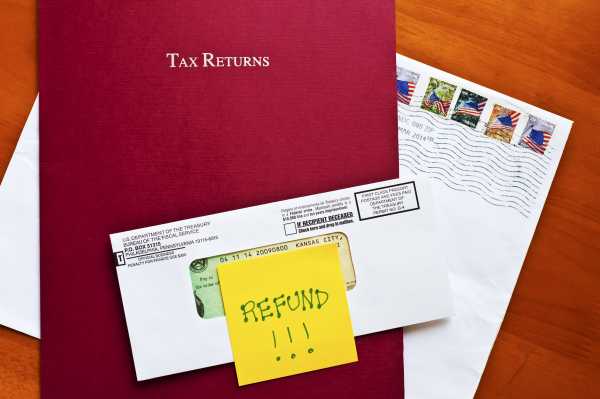
President Donald Trump’s administration said earlier this week that it will still send out tax refunds, despite the federal government’s partial shutdown. But some experts are skeptical that this is possible.
In fact, one prominent Democrat, House Majority Leader Steny Hoyer, said that the move would be “illegal,” and argued that Trump is acting “like a dictator” by trying to flout the law.
For Democrats, the tax refund holdup was perceived as one of their pressure points against the government shutdown. If people file their tax returns later this month but can’t get refunds, that’s one way that the effect of the government shutdown will be felt far beyond Washington, DC. That might pressure Trump to sign a spending deal, without the $5 billion that he wants for his border wall, and reopen the government.
But it’s not just politics. Some experts argue that the Internal Revenue Service (IRS) really may not have the authority to send out tax refunds, according to Barron’s, a financial news outlet.
There are two big problems. One, the federal government can pay for certain services during the shutdown if they are deemed “essential,” meaning that they are important to “protect life and property.” But Steve Rosenthal, a senior fellow at the Tax Policy Center, told Barron’s that “historically, the government has not viewed tax refunds as essential.”
In short: It’s one thing to say that the government needs to process some tax returns, as the IRS already planned on doing, to keep funds going for other services deemed essential. But it’s harder to argue that tax refunds are truly essential to taxpayers under the definition that the federal government has used. So whether the government, which is literally running out of money, can really pay for tax refunds remains legally murky.
Two, it’s not clear if the federal government really can bring back IRS employees and force them to work without pay in order to process tax refunds. Some federal employees have already sued the Trump administration over uncompensated labor. And if federal workers don’t show up and work, no one will actually process tax refunds.
All of this creates uncertainty about whether the IRS can actually send out tax refunds. At the very least, it seems likely that there will be some delays due to the confusion.
But the IRS has stuck to its claim, saying tax filing season will begin on January 28, and that it plans to release an updated contingency plan for the shutdown in the coming days. That may shed more light on how, exactly, the agency will still process tax refunds — if it does.
Sourse: vox.com






